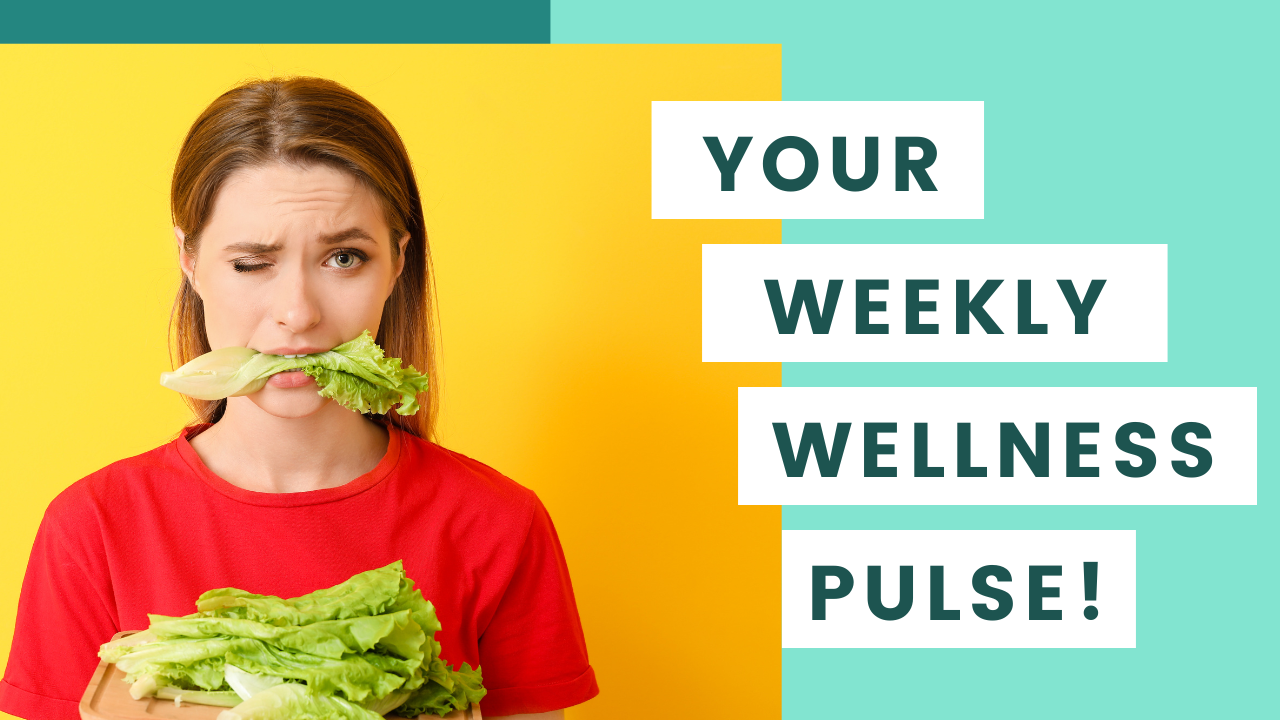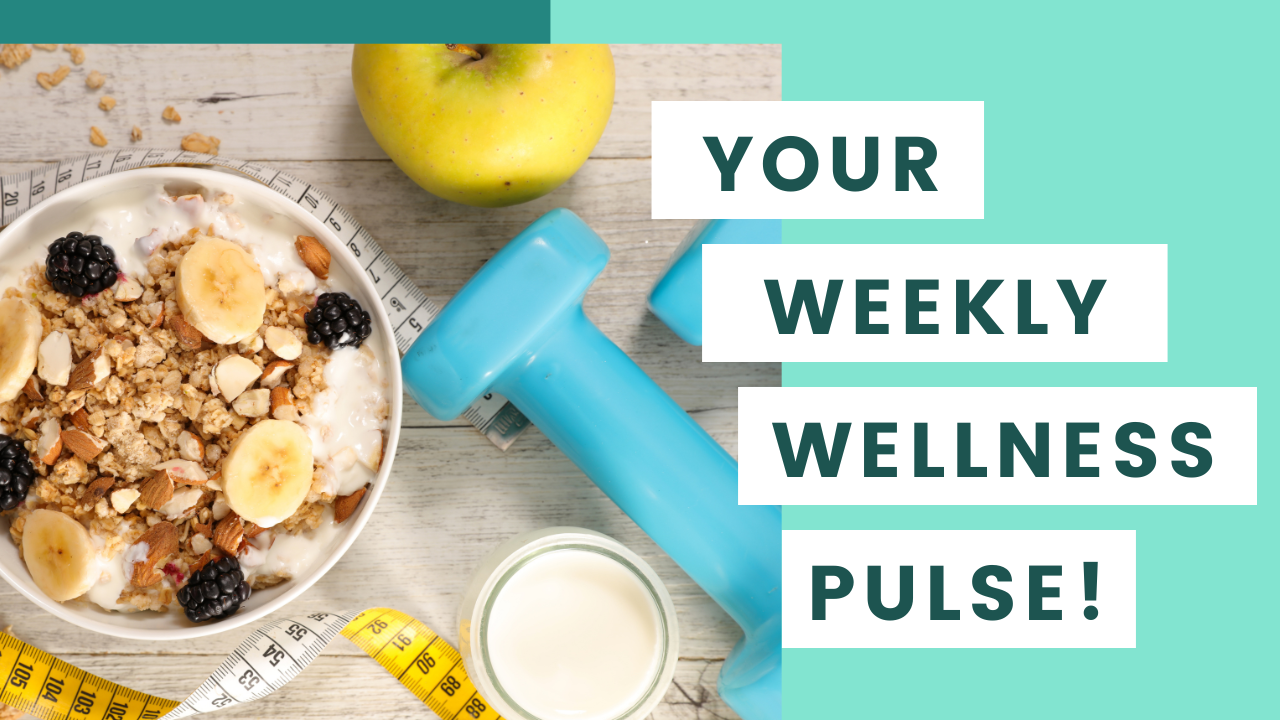Why Restrictive Dieting Backfires—And What to Do Instead
Apr 09, 2025
Let's be honest: we've all been there. You decide it's time to lose fat, so you slash calories, cut out entire food groups, and white-knuckle your way through hunger pangs, only to end up bingeing on cookies three weeks later, feeling like a failure.
Here's the thing—it's not you. It's the approach. Extreme restriction doesn't just make fat loss harder—it often backfires completely. But there's a better way.
Why Extreme Restriction Leads to Failure (And How to Avoid It)
Your body isn't a simple math equation. When you drastically cut calories, it fights back:
- Metabolic slowdown: Prolonged calorie restriction lowers your resting metabolic rate (RMR)—meaning you burn fewer calories at rest (1).
- Hunger hormones go wild: Leptin (the "I'm full" hormone) drops, while ghrelin (the "I'm starving" hormone) skyrockets (2). This isn't a lack of willpower—it's biology.
- The rebound effect: Studies show that restrictive diets lead to weight regain in 80–95% of cases, often with more fat than before (3).
What to do instead:
- Eat at a moderate deficit (no more than 20% below maintenance).
- Prioritize protein and fiber to stay full.
- Take diet breaks (eating at maintenance for 1–2 weeks) to reset hunger hormones.
How to Develop a Healthy Relationship with Food (Without Feeling Deprived)
Food isn't the enemy. The "good vs. bad" food mentality is exhausting, and it backfires.
- Deprivation breeds obsession: The more you tell yourself you "can't" have something, the more you crave it (4).
- Flexibility is key: Research shows that flexible dieting (no foods off-limits) leads to better long-term adherence than rigid rules (5).
What to do instead:
- Practice mindful eating—slow down, savor meals, and listen to hunger cues.
- Allow treats without guilt (yes, really). A cookie won't ruin progress, but stress over it might.
- Focus on adding nutritious foods (veggies, protein, healthy fats) rather than restricting.
Why Building Muscle Is the Secret Weapon for Fat Loss (And Longevity)
Cardio gets all the hype, but muscle is your metabolic powerhouse.
- Muscle burns more calories at rest than fat, even while you sleep (6).
- It prevents the metabolic slowdown that comes with weight loss (7).
- Critical for aging well: Muscle mass is linked to a lower risk of osteoporosis, diabetes, and even cognitive decline (8).
What to do instead:
- Lift weights 2–4x/week (no, you won't get "bulky," but you will get strong!).
- Prioritize protein (0.7–1g per pound of body weight) to support muscle growth.
- Don't fear carbs! They fuel workouts and recovery.
Why Tracking Calories Isn't the Magic Answer (And What Matters More)
Calorie counting absolutely works, but it's not sustainable (or necessary) for everyone.
- It can be inaccurate (even nutrition labels can be off by 20%!).
- Obsessive tracking can harm mental health, leading to anxiety around food (9).
- Food quality matters: 100 calories of broccoli affects your body differently than 100 calories of soda.
What to do instead:
- Use hand-portion estimates (palm of protein, fist of carbs, thumb of fats).
- Focus on whole, minimally processed foods 80% of the time.
- Tune into hunger/fullness cues—your body knows what it needs.
The Bottom Line
Fat loss doesn't have to mean misery. The best diet is the one you can sustain without white-knuckling through hunger or guilt.
Eat enough. Move in ways you enjoy. Build muscle. And for heaven's sake, let yourself enjoy food. Your future self will thank you.
Stay connected with news and updates!
Join our mailing list to receive the latest news and resources.
Don't worry, your information will not be shared.
We hate SPAM. We will never sell your information, for any reason.

